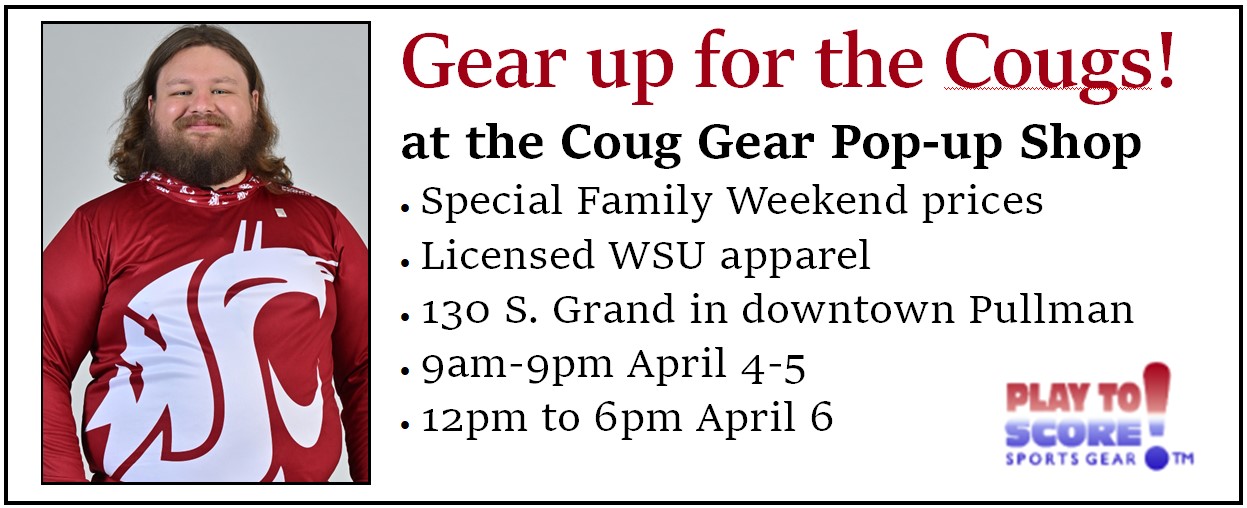Saudi students discuss roads to improvement in Washington D.C.
March 3, 2014
Members of the WSU Saudi Club recently travelled to Washington D.C. to discuss matters with the Saudi Arabian embassy.
Vice President Ahmad Alqahtani attended the Saudi Arabian Club Mission (SACM) conference from Feb. 14 to Feb. 17 in the U.S. capitol with hundreds of other national members of SACM.
“You come to the table and discuss exactly what is the biggest issue that the club’s facing,” he said. “That is a really good opportunity (for) the officers to get guided from experienced people.”
The three-day conference consisted of Saudi Club members discussing academic and immigration issues, as well as overall improvements to be made for the club, Alqahtani said.
Mohammed Abdulwahid, president of the Saudi Club, attended the SACM conference last semester.
“The idea is to get a solid foundation for our club,” Abdulwahid said.
The conference is held each semester, and a different student from each university’s Saudi Club attends, Abdulwahid said.
“The embassy of Saudi Arabia is willing to do this twice a year, which shows the communication they’re trying to build between themselves as a government sector to its students and to make sure we have an understanding on what’s really going on,” Abdulwahid said.
Students at the conference could openly question the ambassador and FBI members about security and profiling, he said. Students could also ask immigration officers about Visa issues.
“You have the freedom to have a conversation, even with higher officials, to express your opinion,” Abdulwahid said.
One of the Saudi Club’s main goals is to bring SACM Director Mohammed Aleissa to WSU, Abdulwahid said.
The Saudi Club is a bridge for students to connect with their peers and the community, as well as learn to manage their time and school work, Abdulwahid said.
Alqahtani’s biggest concern for the WSU Saudi Club is the lack of student involvement. Students are focused primarily on school. With the difficulty of speaking English as a second language, they have little time to participate in the club. The small number of students in the club is also due to the club’s recent establishment two years ago.
The Saudi Club plans to do more community service, events with the Greek community and collaboration with other clubs at WSU to build relationships and increase its numbers, Alqahtani said.
The Saudi Club hosts a celebration of Saudi National Day in the CUB, which all are invited to attend to learn more about the club, Alqahtani said. The last event had more than 400 members.
The fact there are female presidents of some universities’ Saudi Clubs makes SACM students globally competitive, Abdulwahid said.
Abdulwahid said he hopes to see Saudis become more involved with the club because they are not only earning a degree but learning about a different culture. In order to stay competitive in the job market, students need to understand the importance of globalization.
“All the people that go to school, Saudis or not, someday we will get together to do something,” Abdulwahid said.










